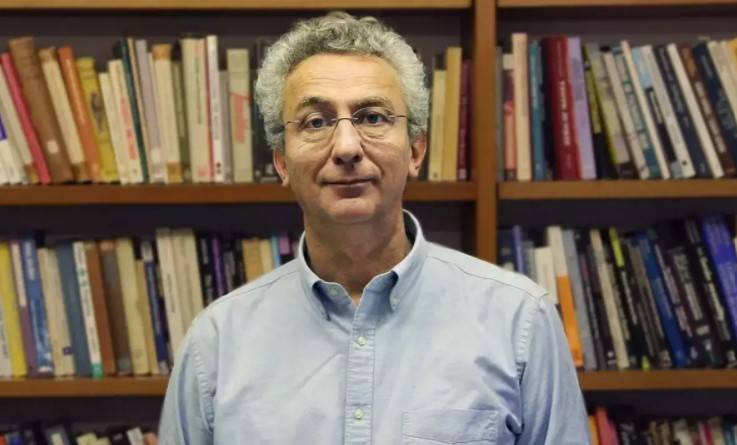Congress leader Shashi Tharoor reacted to the reports of Osella’s deportation and called it the “petty form of intolerance”…reports Asian Lite News
Filippo Osella, a renowned anthropologist and academician from the United Kingdom, was deported to his country by India soon after he landed at the international airport in Thiruvananthapuram on Thursday.
Osella, who is currently involved in research on traditional fishing in Kerala, was reportedly arrived in Thiruvananthapuram to attend a conference on coastal communities in the state.
“He (Osella) was refused entry”, a top Immigration officer at the Foreigners Regional Registration Office (FRRO) in the airport was quoted as saying by news agency PTI.
Asked about it, Osella confirmed the deportation. In an email to The Indian Express from Dubai airport, he said that he was denied entry by Indian authorities without any explanation.
The publication also contacted an immigration officer at the FRRO at Thiruvananthapuram airport, asking the reason behind the deportation. “He was denied entry as per orders from higher officials. No reason can be revealed,” the officer said.
Senior Congress leader Shashi Tharoor reacted to the reports of Osella’s deportation and called it the “petty form of intolerance”.
“Intolerance takes many forms, but deporting a respected scholar with no explanation is a particularly petty form of intolerance,” Tharoor tweeted.
He also attacked the government, saying it “persists in shaming us before the world” and demanded to issue an apology.
“Our government persists in shaming us before the world. This decision should be reversed, apology issued & Osella invited back,” Tharoor added.
Osella is a professor of anthropology and South Asian studies at the University of Sussex.
He has conducted research on rural Kerala and published two joint monographs, one on stratification, identity, and social mobility among a community that was formerly untouchables (Social Mobility in Kerala, 2000), and the other on masculinities (Men and Masculinity in South India, 2007).
ALSO READ-Jamsetji Tata world’s top philanthropist of last century

Leave a Reply